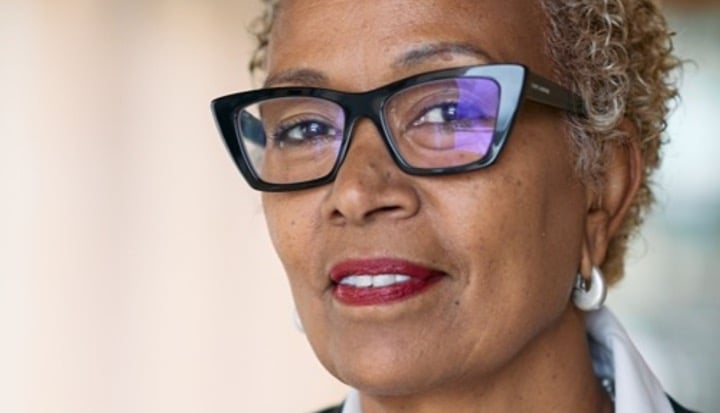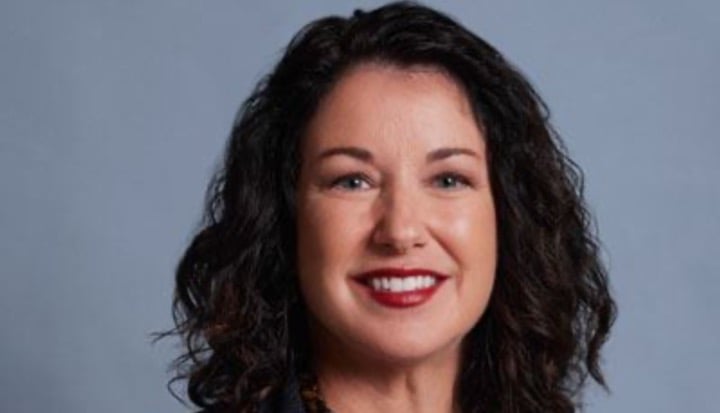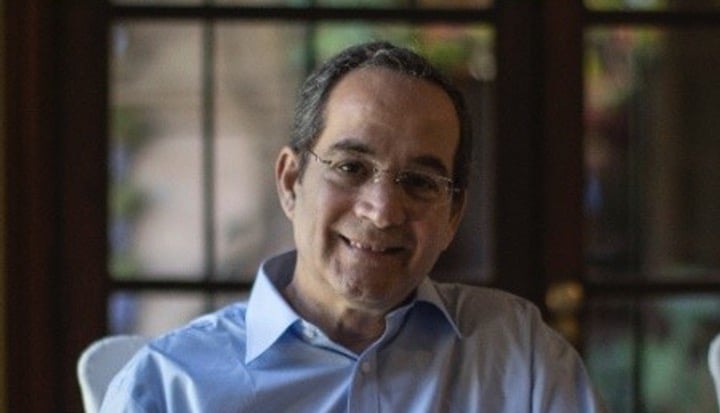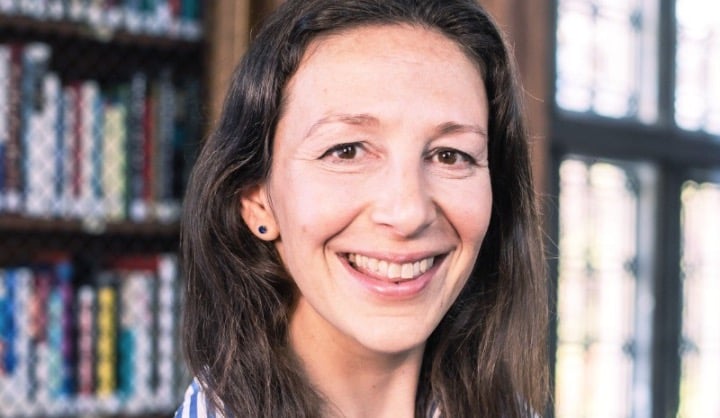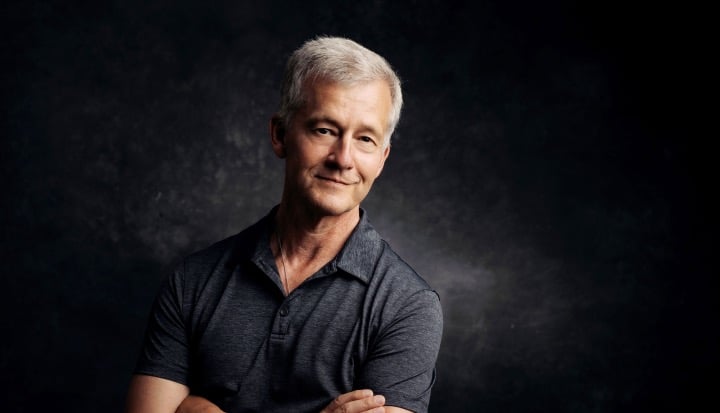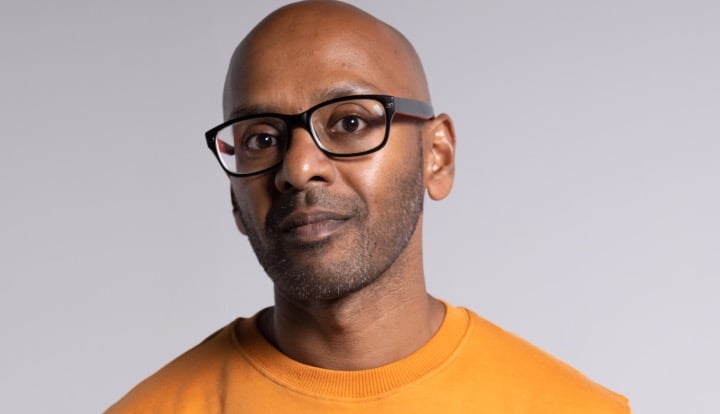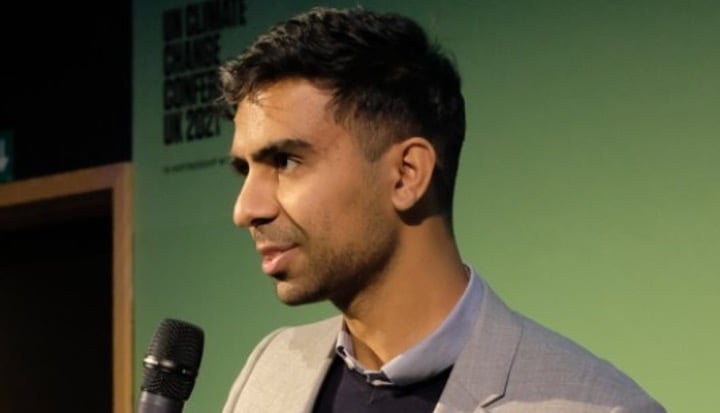In this episode, we dive deep into the role of carbon markets in addressing the global challenge of climate change. Recorded at COP28, from Dubai, Social Impact Pioneer Sheri Hickok provides a 101 on the function of carbon markets and their evolution through carbon offsetting hiccups; whilst giving us a glimpse behind the curtain of the globe’s climate conference.
Sheri is the CEO of Climate Impact Partners. With over 25 years of experience in the renewable energy and now the carbon markets – she explains how companies utilise these markets to achieve their sustainability goals. The conversation demystifies the concept of carbon markets, moving beyond the simple notion of tree planting to explore comprehensive strategies like agroforestry projects in Indonesia, community engagement and additive contributions. Together we talk creating jobs, enhancing community livelihoods, improving local biodiversity, and the regulation that is being developed to ensure carbon markets don’t fall into green washing. Sheri talks about the African Carbon Markets Initiative (ACMI) – where African nations countries can transfer carbon credits earned from the reduction of their greenhouse gas emissions to other countries in order to meet their climate targets. By 2030 the ACMI aims to: Produce 300 million carbon credits annually; Unlock $6bn in revenue; Create 30mn jobs.
Listeners are encouraged to join the conversation and contribute their perspectives. This episode is not just an informative session; it’s a call to action for collective efforts in combating climate change through innovative solutions like carbon markets.
As the climate crisis looms larger, this podcast episode offers valuable insights and inspires hope by showcasing effective strategies and real-world examples of progress in the fight against global warming.
Questions this podcast explores:
What are the voluntary carbon markets?
Voluntary carbon markets allow corporates, private investors, and governments to fund projects like planting trees, building nurseries, and creating jobs in areas most impacted by climate change. The goal is to drive real change by avoiding new emissions or removing existing ones. These markets are also about ensuring projects are designed with a solid baseline to measure emissions reduction, considering additional funding needs, and maintaining long-term sustainability. The podcast conversation highlights the importance of transparency, community engagement, and addressing potential downsides like offsetting criticisms. Overall, climate markets represent a collaborative effort to finance impactful environmental projects, aligning with global efforts towards achieving net zero emissions.
How can carbon markets avoid green washing?
To effectively avoid greenwashing in carbon markets, it’s crucial to prioritize genuine climate solutions over mere appearance. This involves ensuring that carbon market investments drive real change by funnelling funds into impactful projects, particularly in developing countries most affected by climate change. Transparency and accountability are key, with robust project baselining to measure true emission reductions. Investments should be additional, meaning they finance projects that wouldn’t occur without this support. It’s also vital to ensure that these projects, like the agroforestry initiative in Indonesia, provide long-term, sustainable benefits to local communities, including job creation and enhanced livelihoods. This approach not only tackles emissions but also addresses social and economic challenges, making the carbon markets a tool for holistic climate action.
What are the latest developments in voluntary carbon markets?
The latest developments in voluntary carbon markets are quite inspiring and exciting, focusing on solving climate change challenges. Climate Impact Partners is actively participating, seeking collaboration with corporates, private investors, and governments. They aim to invest in ground projects in developing countries, the most impacted yet least responsible for climate issues. These markets, expanding rapidly, are expected to grow three to seven times by the end of the decade. The focus is on creating projects like agroforestry in Indonesia, which not only plant trees but also build nurseries, create jobs, and improve community livelihoods. Initiatives like the Voluntary Carbon Markets Initiative and the Integrity Council for the Voluntary Carbon Markets are enhancing transparency and trust. Furthermore, developing countries, especially in Africa, are advocating for their needs, like clean cooking solutions, showing the markets’ potential to drive significant positive impacts globally.
Links:
VCMI: Delivering high-integrity carbon markets
ICVCM: Build integrity and scale will follow
Impact partners website with project information and case studies

